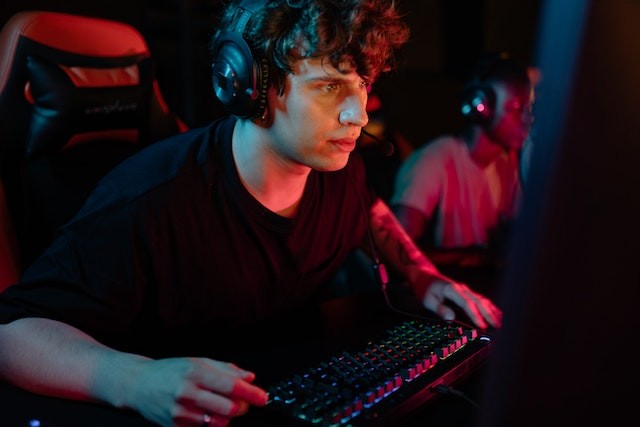Scientists recently showed that the brains of people who play an online game together were in-synch minus physical presence.
As reported in SciTechDaily, online gaming and other types of social interaction have become increasingly famous during the COVID-19 pandemic.
Researchers Demonstrate Brainwave Synchronization Without Physical Presence https://t.co/XMznJAQv8W
— SciTechDaily (@SciTechDaily1) September 6, 2022
Such a trend is possible to continue because of increased remote working, as well as investments in social technology.
Past research has revealed the brains of people stimulate a similar simultaneous way during social interaction.
Furthermore, inter-brain neural synchronization has been linked to empathy and cooperation during face-to-face situations. Nonetheless, its role in online, remote interaction has been unknown.
RELATED ARTICLE: How the Brain Turns Threat Cues Into Fear, Reveals Molecular Pathway That May Lead to Treatments for PTSD, Autism, Migraines

Scientists recently showed that the brains of people who play an online game together were in-synch minus physical presence.
Link Between Synchronization to Interaction and Game Performance
New research at the University of Helsinki examined brainwave synchronization while pairs of subjects played a game in which they regulated a racing car together.
The subjects were physically split into two soundproof rooms. The study authors investigated the link of synchronization to interaction and performance in the game.
Based on the findings, inter-brain synchronization takes place during cooperative online gaming. More so, increased synchrony in the gamma and alpha frequency bands is associated with better performance.
Such a link between performance and gamma-synchronization could be continuously observed over time.
'Synchronization' Concept
In their study published in the Neuropsychologia journal, the researchers revealed that interacting brains synchronize minus physical presence.
According to Valtteri Wikstrom, a doctoral researcher, they were able to show that inter-brain phase synchronization can take place minus the presence of the other person.
This opens a possibility to investigate this social brain mechanism's role in online interaction. The researcher added the social brain has developed in face-to-face communication.
Prolonged screen time has caused concern in many people, particularly parents, legislators, and teachers.
Positive Effect Even Outside Gaming
Project Manager Katri Saarikivi explained that if interactive digital experiences, which can stimulate the fundamental mechanism of empathy, can be built, it can result in better social relationships, productivity online, and well-being.
Wikstrom suggested that physiological synchrony and cooperative performance measures must be used to evaluate the quality of social interaction.
Exploring which interface features enhance insight and connectedness can drive the development in a favorable direction.
This research reveals that inter-brain synchronization occurs during cooperative online gaming and can be dependably measured.
The doctoral researcher also said that developing aspects in games that result in increased synchronization and empathy can have a positive effect "even outside gaming," a similar Neuroscience News report specified.
A report about brain synchronization is shown on MorgueOfficial's YouTube video below:
RELATED ARTICLE: Deep Learning Model Outperforms NPC, Player Records in Gran Turismo
Check out more news and information about the Brain in Science Times














